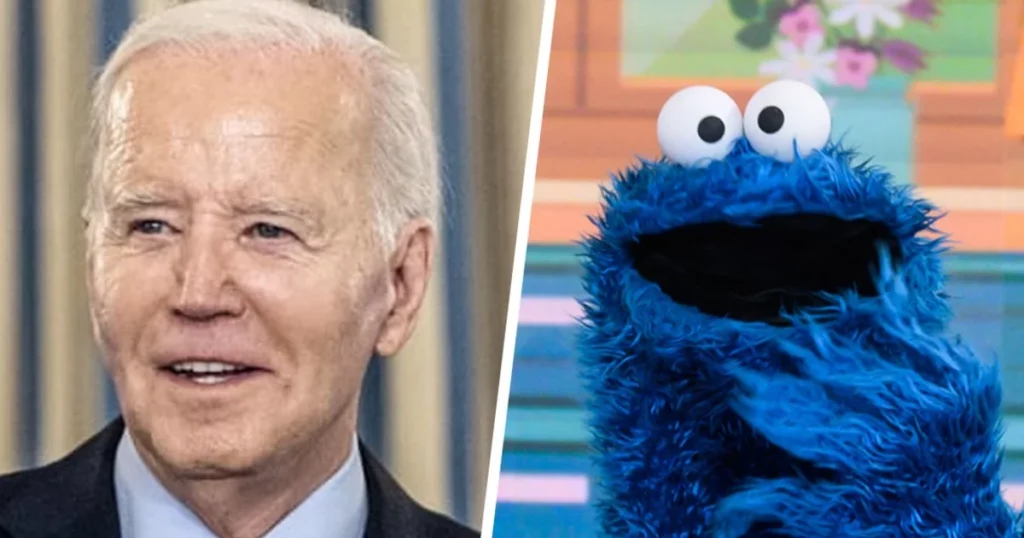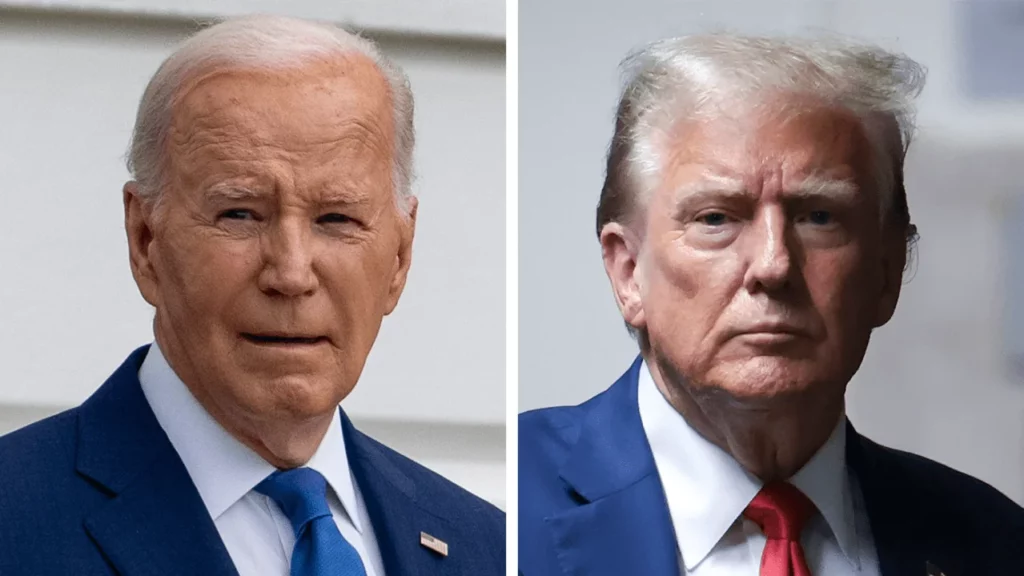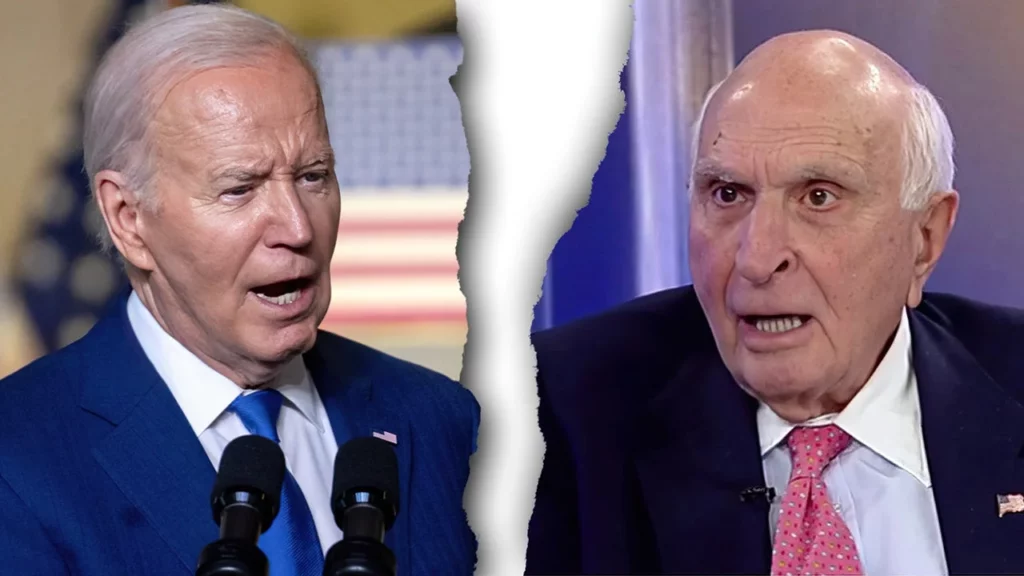Combatting Shrinkflation: A National Conversation
Shrinkflation, the practice of reducing product size while maintaining or increasing prices, has caught the attention of figures from Cookie Monster to President Joe Biden and Sen. Bob Casey. The phenomenon, highlighted by Cookie Monster’s observation of diminishing cookie sizes, has spurred discussions on consumer rights and corporate accountability. President Biden criticized companies for reducing product quantities, particularly citing potato chip bags with fewer chips, and underscored the need for fair consumer practices. Sen. Casey’s Shrinkflation Prevention Act aims to legislate against this practice by requiring that product size reductions be accompanied by proportional price decreases.
Public Figures and Political Responses
Public and political figures have rallied around the issue, with President Biden expressing solidarity with Cookie Monster’s frustrations and Sen. Casey introducing legislation to address the issue directly. This widespread attention underscores the impact of shrinkflation on everyday consumers and the importance of transparent pricing and product sizing in maintaining consumer trust.
The Broader Implications of Shrinkflation
Shrinkflation is more than just a minor inconvenience; it reflects broader economic trends and corporate strategies that prioritize profit over consumer value. As companies seek to maximize profits, consumers are increasingly vigilant, demanding transparency and fairness in how products are priced and sized. The national conversation around shrinkflation highlights the need for regulatory measures and corporate responsibility to ensure that consumers are not disadvantaged by these practices.
Moving Forward: Legislation and Awareness
Sen. Casey’s Shrinkflation Prevention Act represents a significant step towards addressing shrinkflation, but it also signifies the need for ongoing consumer advocacy and legislative attention. As the conversation continues, it will be crucial for consumers, policymakers, and corporations to collaborate on solutions that protect consumer interests and promote fair market practices.






